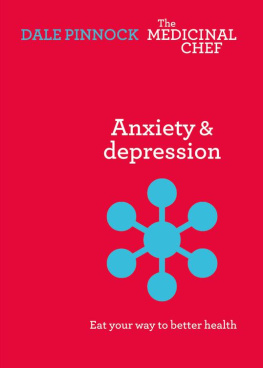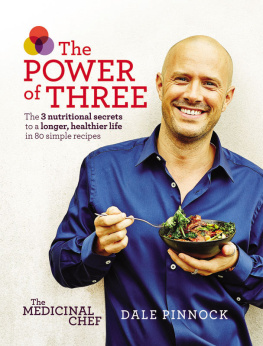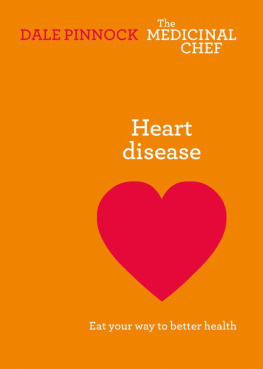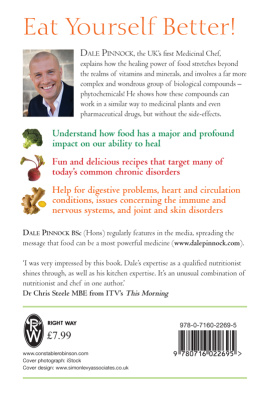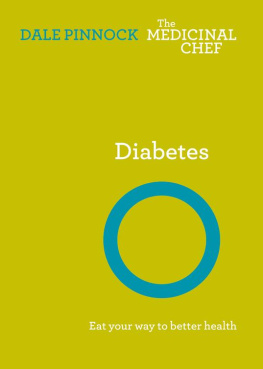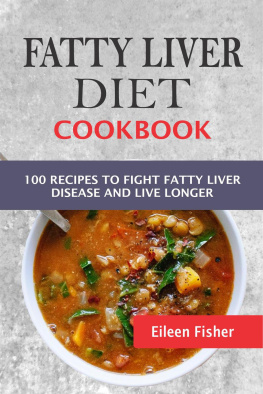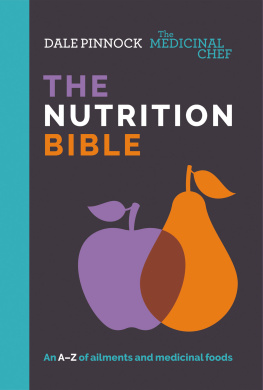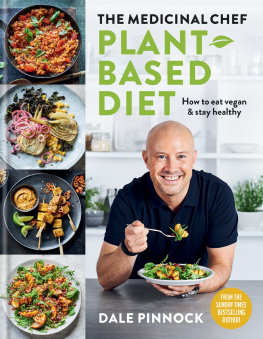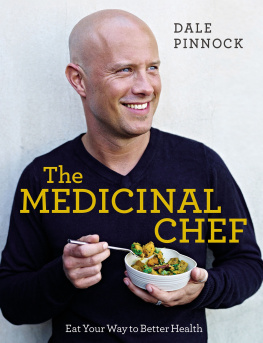THE POWER OF THREE
In my line of work, there is one burning question that seems to come up time andtime again. The one thing that everyone wants to know in the midst of this mediabarrage of conflict and contradiction around the subject of nutrition is: what ISthe right diet? The conflicting information and sensationalist headlines reportedon the back of small studies and theories have created a consumer that is both hungryfor health information, yet ultimately confused. Is it raw food, cooked food, gluten-free,dairy-free, high-fat, low-fat, meat, meat-free, paleo, macrobiotic, five-a-day, seven-a-day?There is a never-ending stream of information, all equally compelling. I would loveto come up with a single, one-sentence answer that could finally put this to bed.Sadly, that isnt possible.
Nutrition is an ever-expanding and evolving science, a science that has seen a fewmajor catastrophes over the years, such as the low-fat scandal I will talk aboutlater. However, there are certainly some very strong patterns of evidence emergingabout the role food plays in many of the modern-day diseases that are becoming epidemicin our society. With this in mind, I believe that there are three factors we shouldbe aware of when thinking about the type of diet to follow. When we employ these,we wont suddenly have all the answers, but we will be hedging our bets and comingas close to the ideal diet as we possibly can get. I truly believe that by addressingthese three areas, we will be reducing our risk of the dietary-induced diseases thatare plaguing us, and I will explain to you how and why.
So, what am I talking about? The Power of Three: blood sugar balance, fatty acidbalance, and nutrient density.


What is blood sugar? As you might expect, it is the glucose in circulation in ourblood, and our cells use it to create a substance called ATP (adenosine triphosphate),which in turn is the fuel source that our cells need to carry out their multitudeof daily functions. The level of glucose needs to stay within a very narrow rangeat all times. You might think, as it is such an important fuel source, that the moreyou have the better. But, no; things are never that simple as far as our bodies areconcerned. If our blood sugar levels get too high or too low, then we are in trouble.When it is allowed to get too low, be it through not eating enough, not eating theright foods, or not eating for long periods of time, then we start to experiencefeelings of weakness and lack of concentration. Our energy dips and our mental performanceis noticeably impaired. Most of all, we get hungry! If this continues, we can becomeparanoid and aggressive, and eventually we can even pass out. If it gets severe,then we run the risk of inducing a coma or even death. In answer to this, our bodyhas a very powerful mechanism to prevent this from happening.
Our body stores glucoseby converting it into glycogen and storing it in the liver and in muscle tissue.When our blood sugar levels begin to fall, we start to utilise these reserves; thepancreas releases a hormone called glucagon which takes glycogen out of storage andconverts it back into glucose for use. This series of events also causes a releasein the hormones that stimulate hunger and appetite. Low blood sugar has the potentialto be very dangerous, but it is difficult to get to this state, as the urge to eatis too strong. Therefore the likelihood of low blood sugar being an issue for manypeople is low.
The real worry is when our blood sugar gets too high for too long; this is causinguntold damage to our bodies today and is due to the way in which our diets have changedover the last 40-plus years. Blood sugar rises when simple sugars are liberated fromthe food we eat and then enter our circulation. At that point, cells in the pancreas,called beta cells, begin to secrete the hormone insulin. What insulin does initiallyis let our cells know that there is sugar available for use. It binds to specialisedinsulin receptors on cells, wakes them up and activates mechanisms on the outer surfaceof our cells, called glucose transporters. These shuttle glucose inside the cellwhere it can be converted into ATP, the cells primary energy source (see above).Normally, we should have the perfect balance between glucose coming in from dietarysources, glucose being stored as glycogen, and insulin stimulating an increased glucoseuptake by our cells. However, this isnt always the case, and in modern times thedreadful food so many people are eating is causing this system to break down. Ourblood sugar levels should be drip-fed consistently. However, nowadays we are consumingdiets that aggressively carpet-bomb our blood sugar! The negative consequences ofthis in the longer term are disastrous. It is one of the keys to the public-healthcrisis we are facing right now.
HOW POOR BLOOD SUGAR CONTROL IS LINKED TO DISEASE
Type-2 diabetes and insulin resistance
The first and most obvious way that our modern diet is ruining our health via itsimpact upon blood sugar is through diabetes and the lesser-known insulin resistance sometimes called prediabetes. These conditions were not particularly prevalenteven 20 years ago. They affected a few people, but most diabetics had Type 1, whichyou are born with or develop in early life. Type-2 diabetes has now become a seriousissue, and one that could very soon reach proportions that could be described asepidemic. Insulin resistance is the first stage of the disease.
When we eat, food is digested and broken down into its constituent parts: the macronutrients(proteins, fats, carbohydrates) and micronutrients (vitamins, minerals, trace elementsetc.), which enter the bloodstream following absorption and are shipped around todifferent places to do different jobs. When sugars from our diet enter the bloodstream,our body releases insulin in response. As we have seen, the insulin will then bindto its receptor and cause glucose transporters to spring into action, causing thecells to take in glucose. When this is going on at normal levels, everything worksbeautifully. However, when we eat foods that are very high in simple sugars, or thatrelease their sugars rapidly, insulin levels rocket. If this happens now and again,it poses no threat to our health whatsoever.
So: you eat a chocolate bar, your blood sugar shoots up super-high super-fast, thereis a larger insulin surge, the cells suck up the sugar and job done. The problemarises when our entire diet consists of processed foods, refined carbohydrates andsimple sugars, and this response happens all of the time. Blood sugar levels constantlysoar and larger than usual levels of insulin are secreted. After a while, the cellsstart to get a little suspicious of insulins behaviour and disbelieve what it istelling them; they think it has gone a bit crazy. So they start to ignore a lot ofwhat it is saying. In short, they become resistant to the message that insulin istrying to deliver. Receptors dont pay attention to insulin, the body starts to becomeinsulin resistant and the consequence is that blood sugar levels begin to rise andstay high for longer. The body responds by secreting more insulin, which works fora while. Then the cells suspicions deepen and the whole situation deterioriates.This is when we are in a state of prediabetes.


